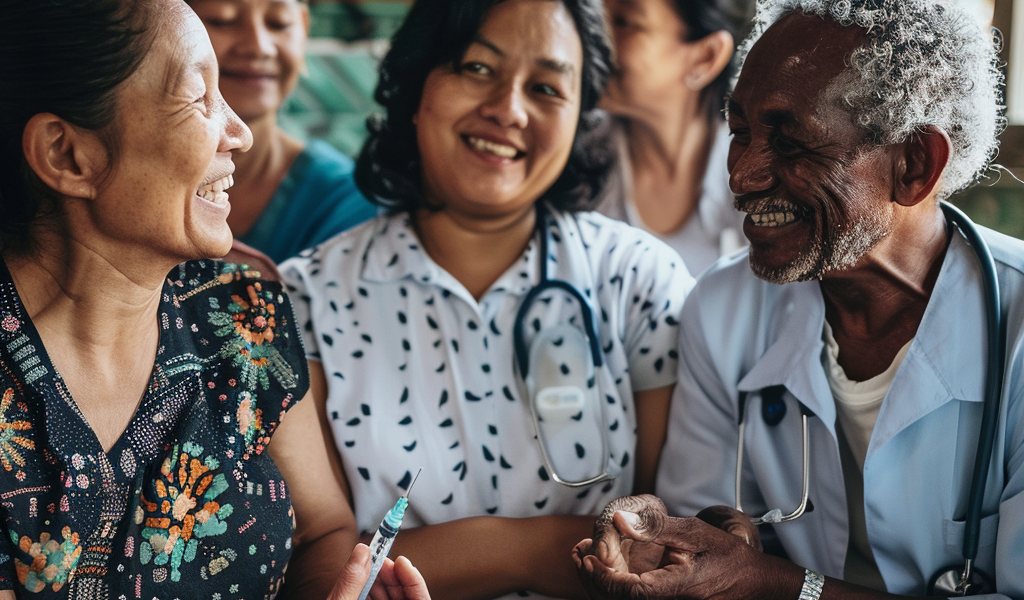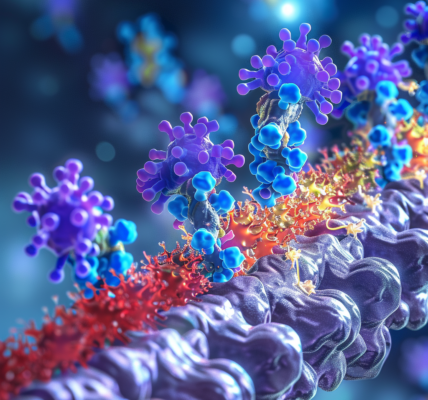The landscape of HIV prevention is on the verge of a significant transformation, thanks to groundbreaking research that suggests a new drug could be produced at a fraction of its current cost. Lenacapavir, marketed as Sunlenca by Gilead Sciences, is currently priced at an astonishing $42,250 for the first year of treatment. However, recent studies indicate that this innovative drug could be manufactured for as little as $40 annually per patient, making it accessible to millions of individuals at risk of HIV infection.
Lenacapavir, which is administered via injection every six months, has been heralded as one of the most promising advancements in HIV prevention to date. Its potential to prevent new infections while also suppressing the virus in those already infected positions it as a game-changer in the fight against HIV. In a recent trial involving over 5,000 women in South Africa and Uganda, the drug demonstrated remarkable efficacy, providing 100% protection against HIV, as announced by Gilead last month.
Currently, lenacapavir is licensed solely for treatment purposes, but the implications of its preventive capabilities are profound. Experts from the 25th International AIDS Conference in Munich revealed that the minimum cost for producing a generic version of lenacapavir could be achieved by considering the expenses associated with its ingredients and manufacturing processes, while still allowing for a 30% profit margin. This cost-effective production model assumes a user base of 10 million individuals annually.
Dr. Andrew Hill from Liverpool University, who spearheaded the research, emphasized the significance of this finding. He stated, “You’ve got an injection somebody could have every six months and not get HIV. That’s as close as we’ve ever been to an HIV vaccine.” This breakthrough could revolutionize HIV prevention strategies, which have predominantly relied on daily oral medications and barrier methods such as condoms.
Campaigners are now urging Gilead to consider generic licensing through the UN-backed Medicines Patent Pool, particularly in low- and middle-income countries (LMICs) where 95% of HIV infections occur. By enabling broader access to lenacapavir, the global health community could take a significant step toward curbing the HIV epidemic.
The call for affordable access to lenacapavir is underscored by the urgency of addressing the ongoing HIV crisis. With millions of individuals worldwide at risk, the availability of a preventive treatment that is both effective and economically feasible could save countless lives. The research presented at the conference has reignited hope that a more equitable approach to HIV prevention is within reach.
As the global community continues to grapple with the challenges posed by HIV, the potential for lenacapavir to serve as a cornerstone of prevention strategies cannot be overstated. If Gilead were to lower the price of lenacapavir dramatically, it could herald a new era in the fight against HIV, offering protection to those who need it most.
In conclusion, the findings from the recent study open the door for discussions about the future of HIV prevention and treatment. The prospect of a long-acting injectable that can be produced at a fraction of the current cost is a promising development that could lead to significant public health advancements. As stakeholders in the healthcare community advocate for more accessible treatment options, the hope is that lenacapavir will soon be available to those who need it, regardless of their economic circumstances.





